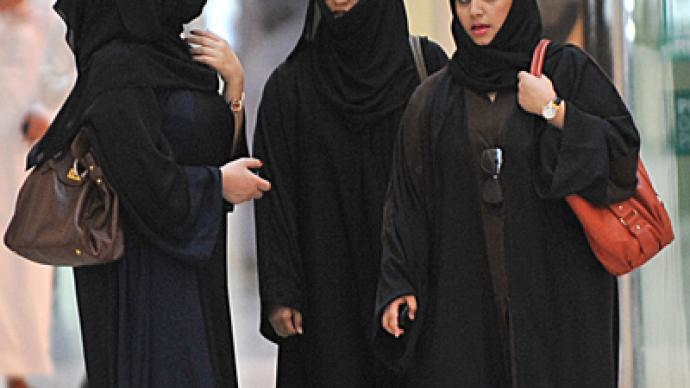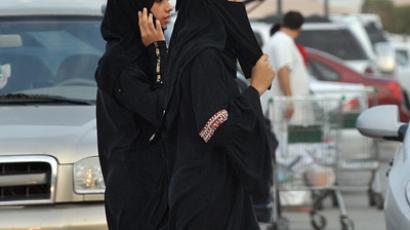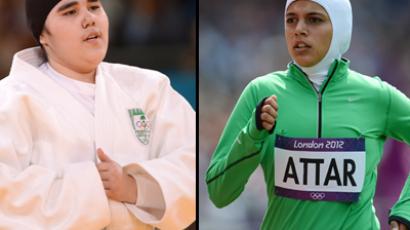Shura shake-up: Saudi women allowed on Consultative Council

For the first time, Saudi Arabian women will advise the king on policy and legislation. King Abdullah appointed 30 female advisors to the all-male Consultative Council. They will have a separate entrance to the chamber and sit apart from the men.
In two royal decrees King Abdullah signed Friday he reconstituted the Shura Council for a new four-year term and changed the 150-member consultative body’s law to state that at least 20 per cent of its members should be women.The Consultative Assembly functions as the formal advisory body of Saudi Arabia’s leader and, just like a parliament (but without formal powers), is authorized to propose draft laws and forward them to the king, who will pass and enforce them. Its members – always appointed academics, clerics, businessmen and former civil servants, vets legislation – also have a right to review the country's annual budget, call in ministers for questioning and recommend changes or additions to the government.The female members to committees within the council will be chosen in compliance with the “committees' need, the specialization of the member and the women's participation in the committees,” according to the decree.The women will enjoy in their “membership at the Shura Council complete membership rights and will abide by the obligations and responsibilities and assumes tasks,” the text of the second amendment reads. The decree also requires women to observe Islamic law and be properly covered.King Abdullah signed a decree allowing women in politics and legislation following consultations with religious leaders of the kingdom, where women face many restrictions In order to reform an ultra-conservative country, King Abdullah has been taking measures to expand women’s rights in the kingdom since he took power in 2005. Thus, in September 2011 he granted women the right to vote and run as candidates in the next municipal elections slated for 2015.Some powerful conservative Sunni Muslim clerics have sometimes argued against allowing women a role in politics, Reuters reports. Women in Saudi Arabia live under strict Islamic law and are forbidden from behavior that is common in Western cultures. They cannot travel, work or open a bank account without the permission of a male ‘guardian’.The oil-rich Gulf kingdom is the only state in the world where women are still not allowed to drive vehicles, even though there is no law specifically banning them from driving.Around 15 per cent of women, according to some estimates, are represented in the workforce.In some Saudi’s existing industrial cities already have factories owned by women, as well as companies that employ a small portion of the female population.To make things easier for women who embrace a Western lifestyle, the Saudi Industrial Property Authority (Modon) suggested building a new city exclusively for women.The recent decree allowing female in the government’s body is not the first time women have been offered jobs in state structures. In October the head of Saudi Arabia’s religious police – the mutawa – said that there was an urgent need to employ more women in the force.But not everyone welcome expanded freedoms for female in Saudi Arabia. In July 2012, women, for the first time ever, also obtained the right to represent their country at the Summer Olympic Games. However, though hailed as heroes in England, the young sportswomen were pilloried as prostitutes in their home country. Similarly, while some viewed the announcement of women’s representation in the council as a step toward equal rights for women in the Arab state, others considered their participation to be disrespectful to the country’s traditions.














